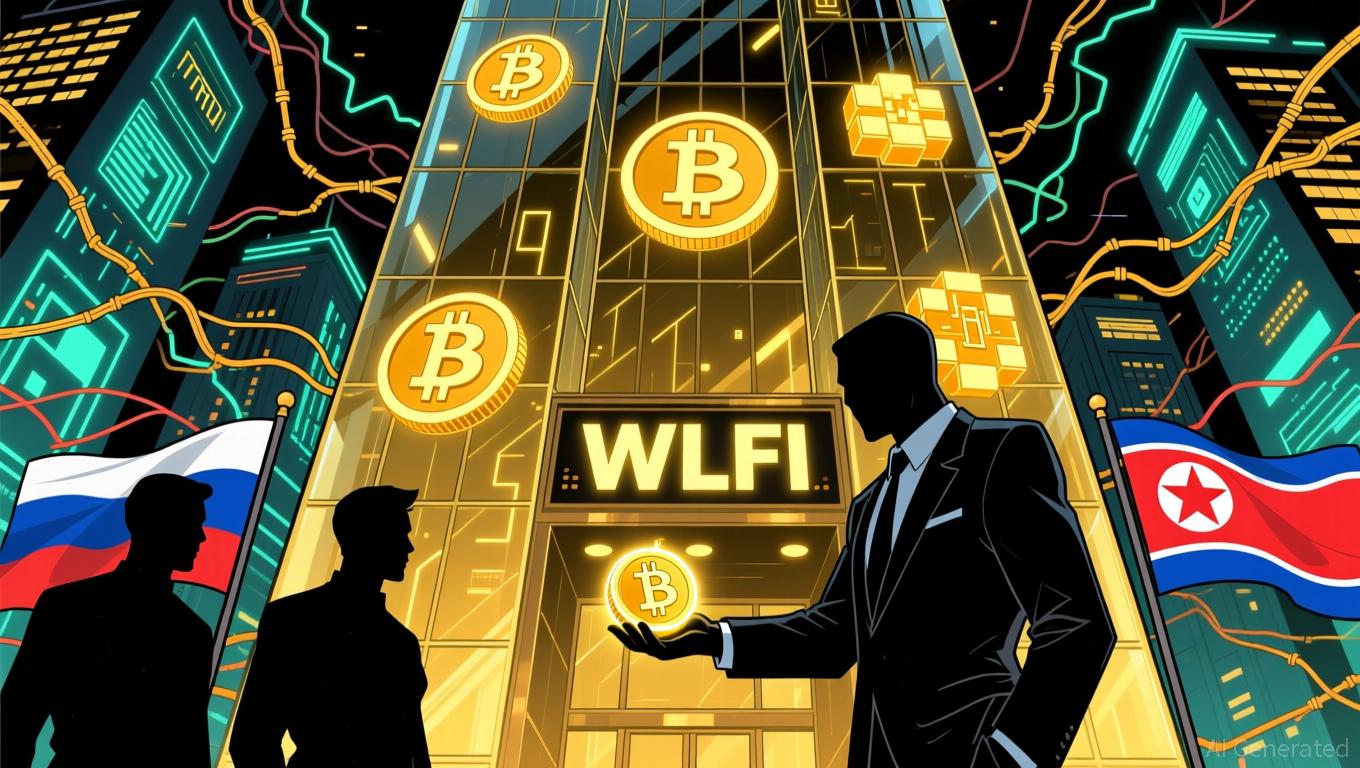On Tuesday, Apple revealed that it has entered into agreements for 650 megawatts of renewable energy across Europe.
These agreements cover both wind and solar initiatives, some of which are already running while others are set to launch soon. A significant share of the electricity generated will help balance out the energy consumed by Apple’s customers. Devices ranging from Mac Pros to Apple Watches contribute to nearly a third of Apple’s total carbon emissions.
Although Europe isn’t typically recognized for abundant sunshine, Apple is sourcing power from multiple solar installations, such as 110 megawatts each in Greece and Latvia, 131 megawatts in Spain, and 40 megawatts in Poland. Wind energy will add 99 megawatts in Romania, along with part of a 129-megawatt solar and wind project in Italy.
In addition, Apple announced a $150 million investment in China to assist its suppliers in transitioning to renewable energy. At present, over 90% of Apple’s manufacturing and production in China is already powered by renewables.
What stands out about these updates is that they are featured on Apple’s regional news pages, but not on the main U.S. press site. In the past, Apple’s announcements about regional renewable energy purchases were posted there, possibly to avoid attracting criticism from the Trump administration, which has opposed renewable energy initiatives.
Nevertheless, solar and wind power — along with large-scale battery storage — have become the preferred energy sources for technology companies aiming to run their operations sustainably.
Microsoft and Meta have also been steady purchasers of solar energy. So far this year, Meta has expanded its solar capacity by more than 2 gigawatts, while Microsoft has signed contracts boosting its total by 1.5 gigawatts.
Although most major tech companies have committed to using renewable energy, practical factors also influence these decisions. Solar and wind are among the most cost-effective new energy sources, often cheaper than coal or natural gas. When combined with batteries, which are becoming more affordable, they can deliver reliable, round-the-clock electricity.
Another key factor is speed: Solar projects can be constructed rapidly, typically taking only about 18 months to finish. Additionally, these projects can be brought online in stages, allowing portions to start operating sooner. For tech firms racing to secure energy for their data centers and AI workloads, this quick turnaround is a major advantage.


